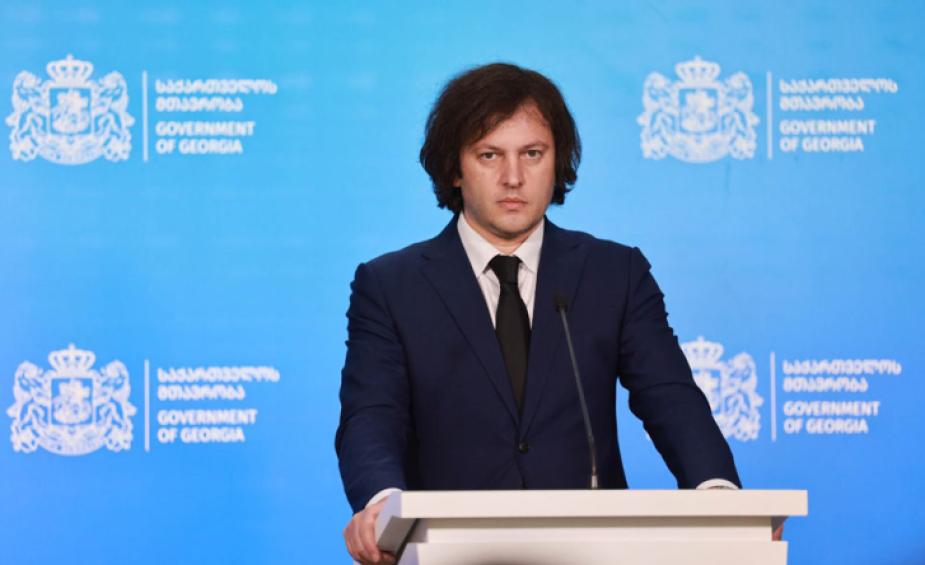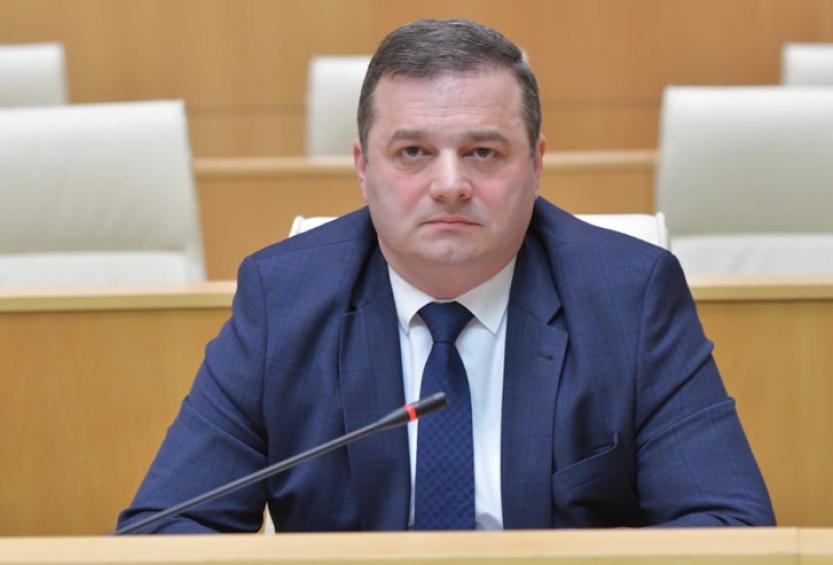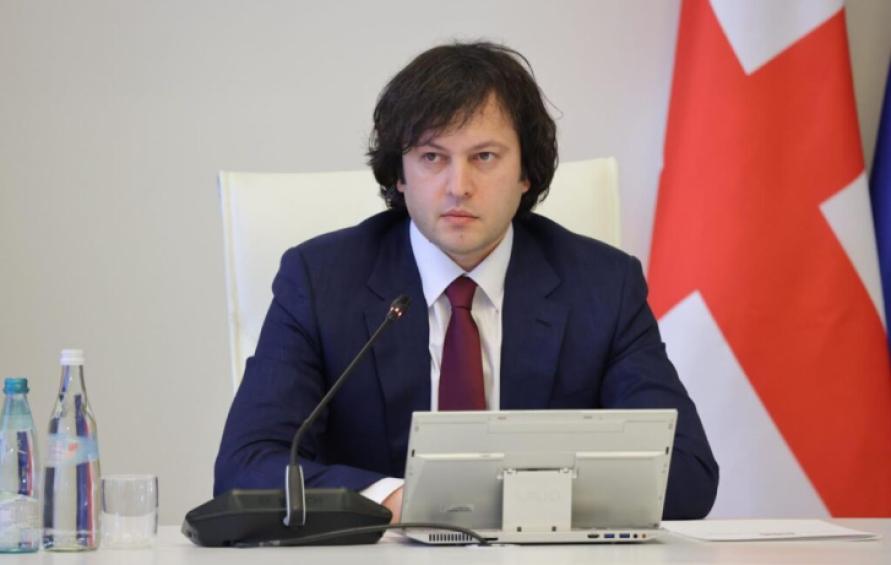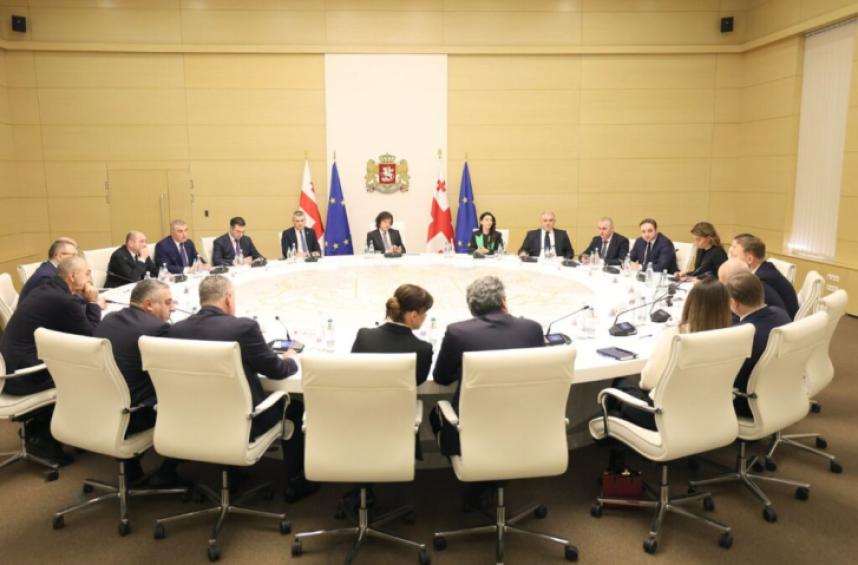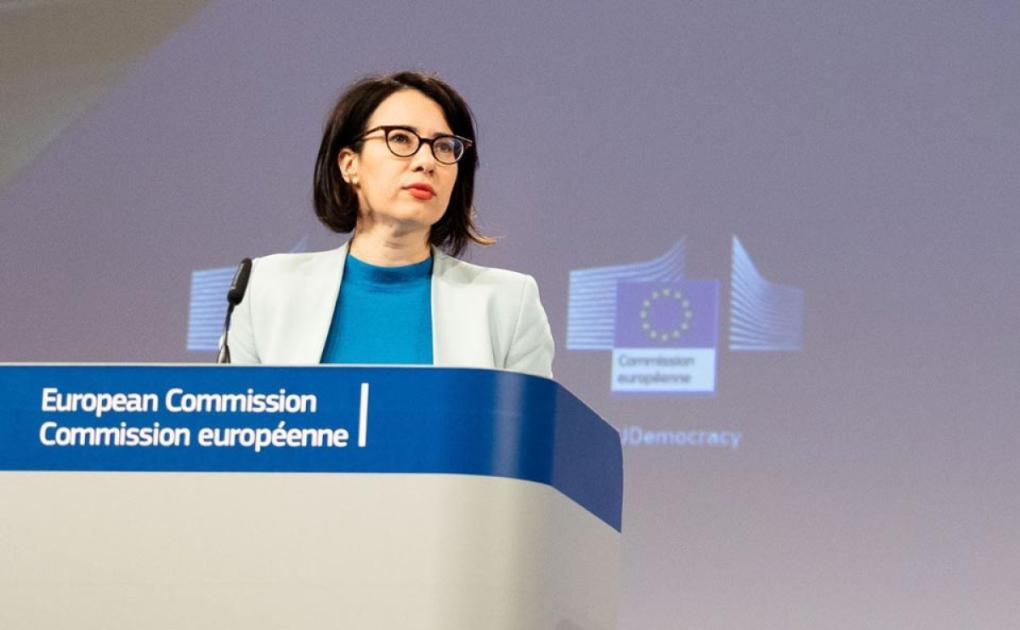
European Commission spokesperson Anitta Hipper voiced strong concerns over the recent elections in Georgia, citing a broad crackdown on media, civil society, and opposition parties. Speaking at a press briefing, Hipper noted the elections were marred by a low turnout, in part due to an opposition boycott, and criticized Georgian authorities for failing to invite OSCE and ODIHR observers in a timely manner—undermining the transparency and credibility of the democratic process.
“The elections held on Saturday were marked by an extensive crackdown on media, civil society, and opposition parties,” Hipper said. “We have also seen that the Georgian authorities failed to invite OSCE and ODIHR observers in due time, undermining the transparency and credibility of the democratic process.”
She also condemned the dissemination of Russian-style disinformation by Georgian officials, including attacks on the EU ambassador to Georgia. “This is textbook propaganda,” Hipper stated, reiterating the Commission’s full support for the EU’s diplomatic representative in Tbilisi.
While reaffirming the EU’s commitment to peaceful protest and civil liberties, Hipper condemned all forms of violence regardless of the source: “We condemn any form of violence from all sides.”
Responding to Georgian Prime Minister Irakli Kobakhidze’s assertion that Georgia could join the European Union by 2030, Hipper expressed skepticism, given the current political trajectory.
“In the current context of massive democratic backsliding in Georgia, we have reduced political contacts to a minimum,” she said. “Our support goes to independent media and civil society. As for EU accession, EU leaders and the Council of Foreign Ministers have made clear that it is a merit-based process. What we have seen is Georgian authorities are jeopardizing this path.”
Her remarks reflect growing concern within the EU about the direction of Georgia’s domestic policies and their implications for the country’s long-term European integration ambitions.
0
0




